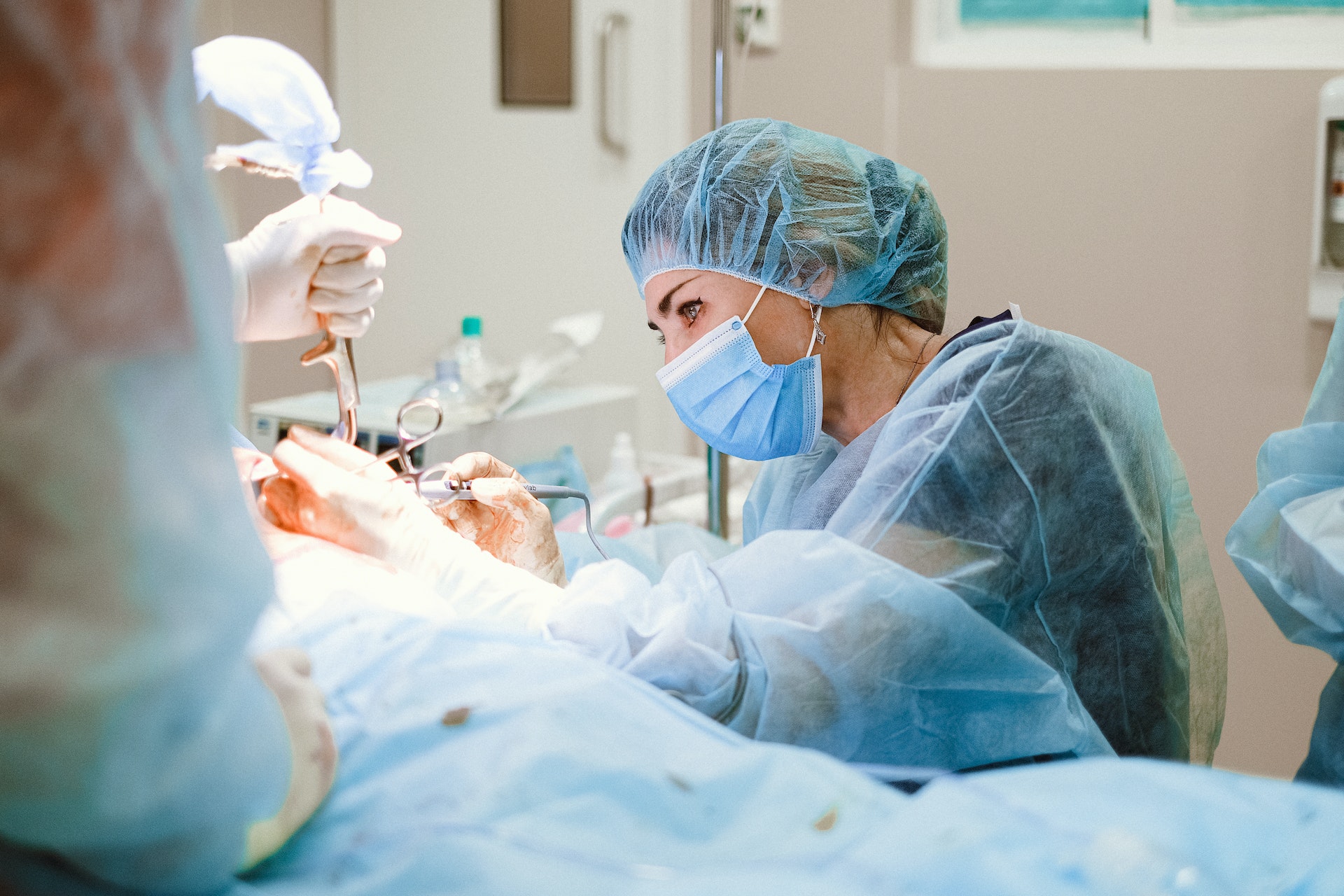After surgery, there are several things you can do to ensure a smooth recovery. First, drink plenty of water and rest. This will aid in healing and ensure your body can operate at its peak capacity. Many people find surgery stressful, so you should also spend time unwinding after the procedure. It’s also a good idea to turn in an hour early to help with your recovery.
Contents
Healthy Eating After Surgery
After surgery, it is essential to make sure you eat foods that will help your body recover quickly. These foods help support healing, prevent constipation, and improve overall health. It is important to check with your healthcare provider and hospital-to-home care to determine any restrictions, but you should generally focus on whole, nutritious foods. To help with your recovery, you should limit foods high in fat or sugar and limit processed foods.
In addition to avoiding processed foods, you should also avoid fast foods. This type of food contains high amounts of preservatives and has little nutritional value. Besides, it can also slow down your recovery and increase your risk of infection. When choosing food, consult your doctor and dietitian to find the best options. Eating the right food after surgery can speed up your recovery and make you feel more energetic.
Exercising After Surgery
It is important to exercise after surgery for a smooth recovery. While specific instructions vary by surgery, most surgeons recommend starting slowly and increasing intensity gradually. Typically, it takes six to eight weeks before a patient can return to the same level of physical activity as before surgery. This recovery phase may include light walking, gradually increasing to more vigorous aerobic exercise and full-impact resistance weight training.
It is also essential to listen to your body. If exercising causes pain or discomfort, you should stop.
Listening To Your Body
The first step to a smooth recovery after surgery is to listen to your body’s needs. While you may be tempted to run errands or catch up on work during your recovery period, listening to your body will make the process easier and less painful.
You should also limit your physical activities until the surgeon says you’re ready to return to normal. It’s normal to have a million questions after undergoing surgery, but it’s important to ask yourself what will happen during your recovery.
The length of your recovery will depend on a few factors, including the type of surgery you had and how severe your condition is.
Taking Pain Medication
Taking pain medication after surgery is an essential part of the recovery process. The goal of pain management after surgery is to help the patient recover as comfortably as possible while minimizing the risk of opioid abuse or addiction. The doctor may prescribe various medications, including narcotics (opioids) and nonsteroidal anti-inflammatory drugs (NSAIDs), which reduce inflammatory activity and decrease pain.
When taking pain medication after surgery, be sure to follow instructions carefully. Be honest about your pain level and any side effects. You should also tell the doctor about the activities and positions that cause pain so that they can adjust the medication accordingly.



